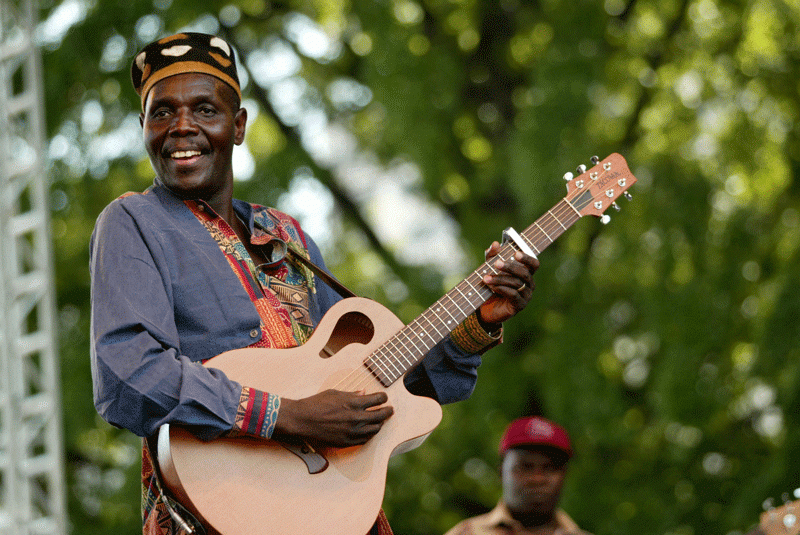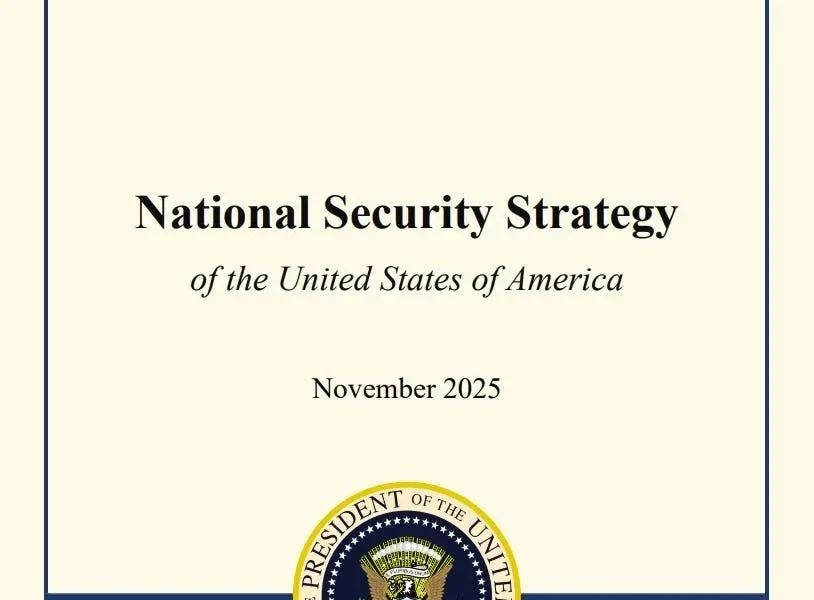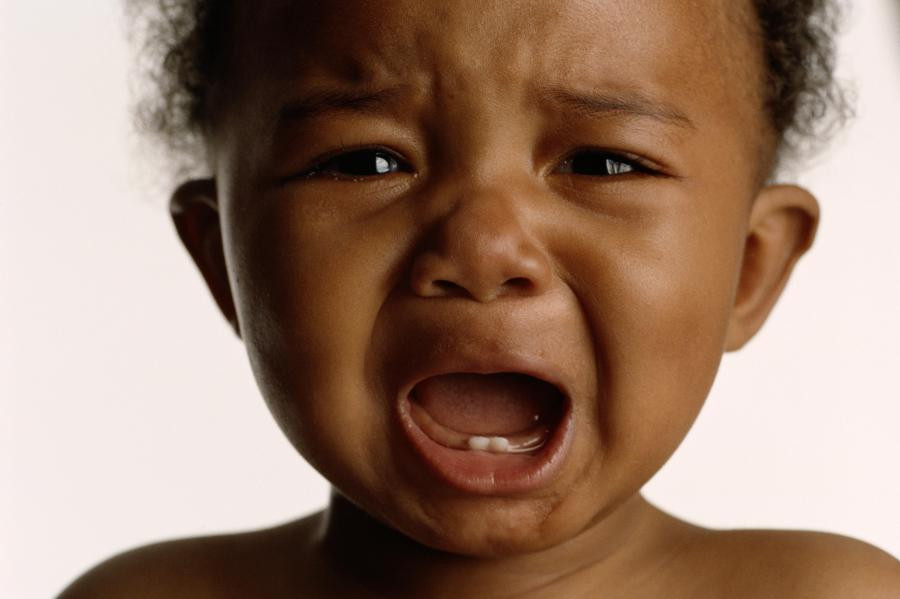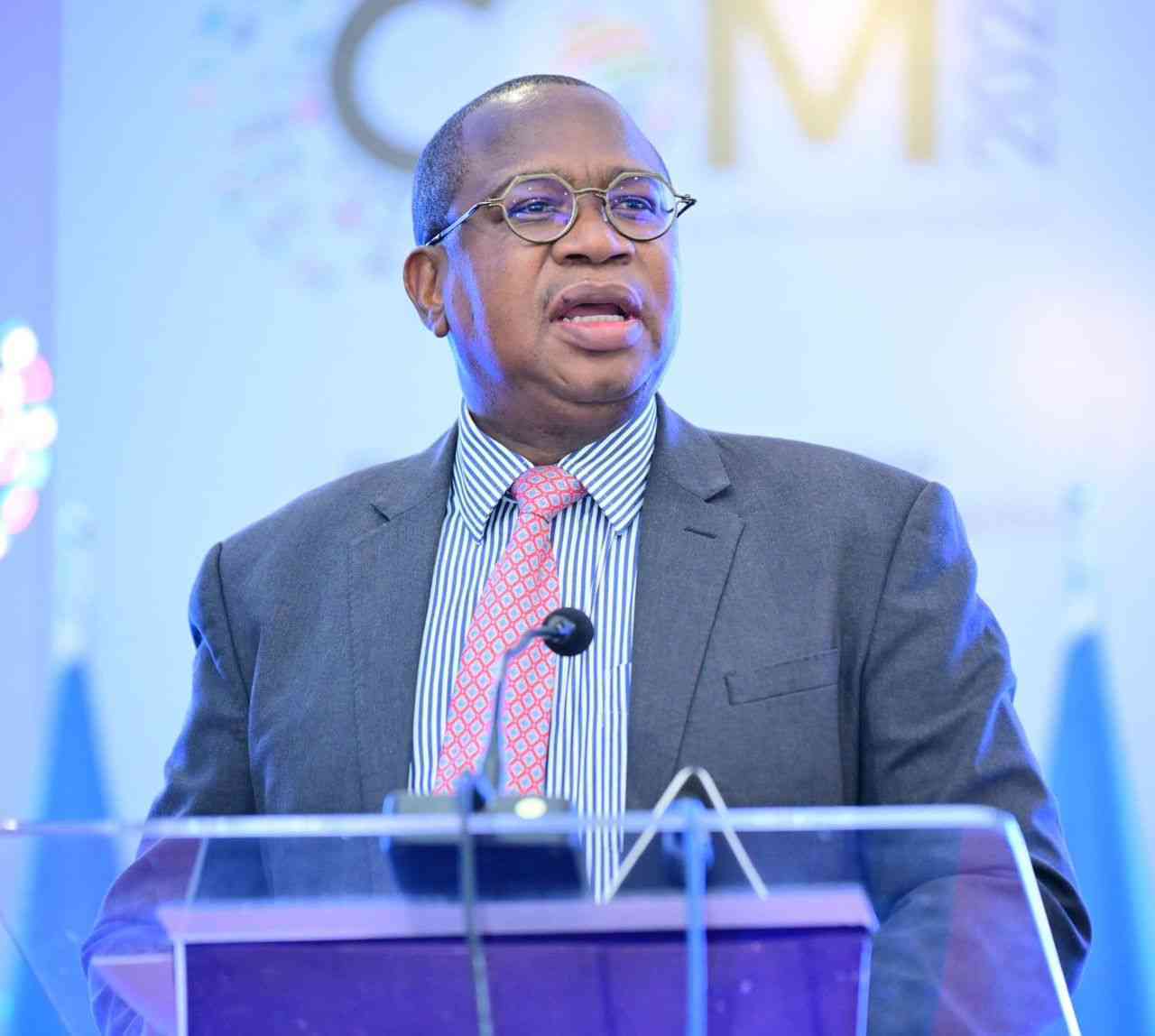
The late musical icon, Oliver Mtukudzi has been at the center of public discussions in online and offline spaces in recent weeks following family controversies that preceded the inaugural Oliver Mtukudzi International Festival of Arts (OMIFA) held at his ceremonial home of arts, culture and entertainment Pakare Paye on September 21 and 22, 2024.
Typical of the buzz of social media and indeed to an extent news media outlets, what seems to be the big story to emerge out of what is a noble intervention of recognizing and immortalising a musical legend through an international festival was not the festival itself, but family divisions that are for better or worse now playing out in the public domain.
No one can dictate what the court of public opinion will direct their attention towards and as a proponent of free expression myself, I respect those that are exercising this right to analyse matters that would ordinarily be of a private nature.
The obvious counter argument is that public figures, colossal enough to generate this much attention five years after having physically departed from planet earth - in the mould of Oliver Mtukudzi have limited privacy.
By virtue of being such a huge national figure, with a strong footprint in the region and the world, there's so much privacy that you give up - especially if it is of a negative nature.
After all of it bleeds it sales - so goes a journalism adage.
To this end, I perfectly understand that the story of this festival having had taken place over two full days with varying interventions including capacity building of over eighty arts practitioners, was missed post the inaugural fete.
That the festival brought the attention of key global actors and a United States band with members that once were opening acts for Tuku in their home country - itself a remarkable achievement for a country as small as Zimbabwe was lost in issues that appeal to our emotions.
And yes we are emotional beings and subject to hurt.
The entire situation as it played out in the Mtukudzi family is sad, whichever way one looks at it.
The ordeals narrated by the legend's daughters in Sandra and Selmor in a podcast were emotionally wrecking and indeed triggered a deep sense of hurt.
I hope their assertion that the interview with Ollah is the last they will pronounce themselves on the matter as the advert to the show suggests will indeed live out to be true.
I can't fault them for expressing themselves in the public glare.
Sometimes the first step towards healing is a process of telling truth in the hope of attaining reconciliation or a process towards realizing the same.
On that end, in my personal view, it's good that they vent out their hearts of hearts, with details they felt were fit for the public domain.
And as people that are coming from a place of hurt, it's okay to mourn or express the hurt whichever way.
Remember one can ever measure hurt. Or let alone govern how one can act in expressing a deep sense of hurt.
Hurt is also what the musical superstar's surviving spouse, Daisy is also experiencing.
Barring her own weaknesses and faults, she would naturally hurt that even in her attempts, however small or big to honour the rich legacy of a great man, the immediate responses are never about whatever the initiative she is attempting to honour are all about, the immediate reaction is a public rebuttal, sometimes unjustifiable so.
In the process both the family and the nation risk throwing away the baby with the bath water.
Heroes or great human beings in the mould of Tuku are not immortalised because they were perfect human beings. They are not Christ.
They are not taken into posterity because they are great fathers. They are not God.
For instance reggae icon Bob Marley, whose family had its own fair share of issues and even him as a person had traits that are not admirable — yet even here in Zimbabwe we commemorate his legacy.
This is because the narrative of the people, media and public perception is never bogged down to such personal issues. But about a man that broke many barriers to attain tangible greatness.
The same as Tuku, who even on his documented account by the government of Zimbabwe in conferring him national heroes status recognized how even under the colonial regime, they were resilient in being relevant and withstanding the challenges to emerge as household names.
They even used music as a form of resistance.
He was later to be one of the country's greatest musical exports and a cultural ambassador who bore the country's flag with aplomb. He made history in establishing an arts centre to preserve this legacy.
Fair enough as someone born to a mother and father and someone who sired children and a family of his own, he naturally foresaw a role for them.
Yet what he established and what he had become was beyond an ordinary family man.
He is the centre of initiatives such as an international festival named after him or any other initiative as a means of preserving history, inspiring the future that greatness can be attained.
Even by weak men. Or those that are faced with obstacles.
It's not the spouse being celebrated. Or punished.
Worse, when the world knew of the family challenges long before Tuku had passed on. Of course not in the graphic manner as the world got to know or hear about in the recent public spates.
It is unfortunate that it is the history and issues of a broken family that is dominating the public discourse and not how to sustain the legacy of an icon to posterity.
To preserve and strengthen cultural initiatives, such as an international festival celebrating Tuku that should outlive generations.
The bare minimum we can do outside facilitating a process of healing within the legend's family is to ensure that as a nation and a people we preserve the legacy of a great man, for what he was - a great musician and cultural tourism ambassador. He is a national asset that we must safeguard.
- Nigel Nyamutumbu is a media practitioner, who can be contacted on [email protected]. He writes in his personal capacity










